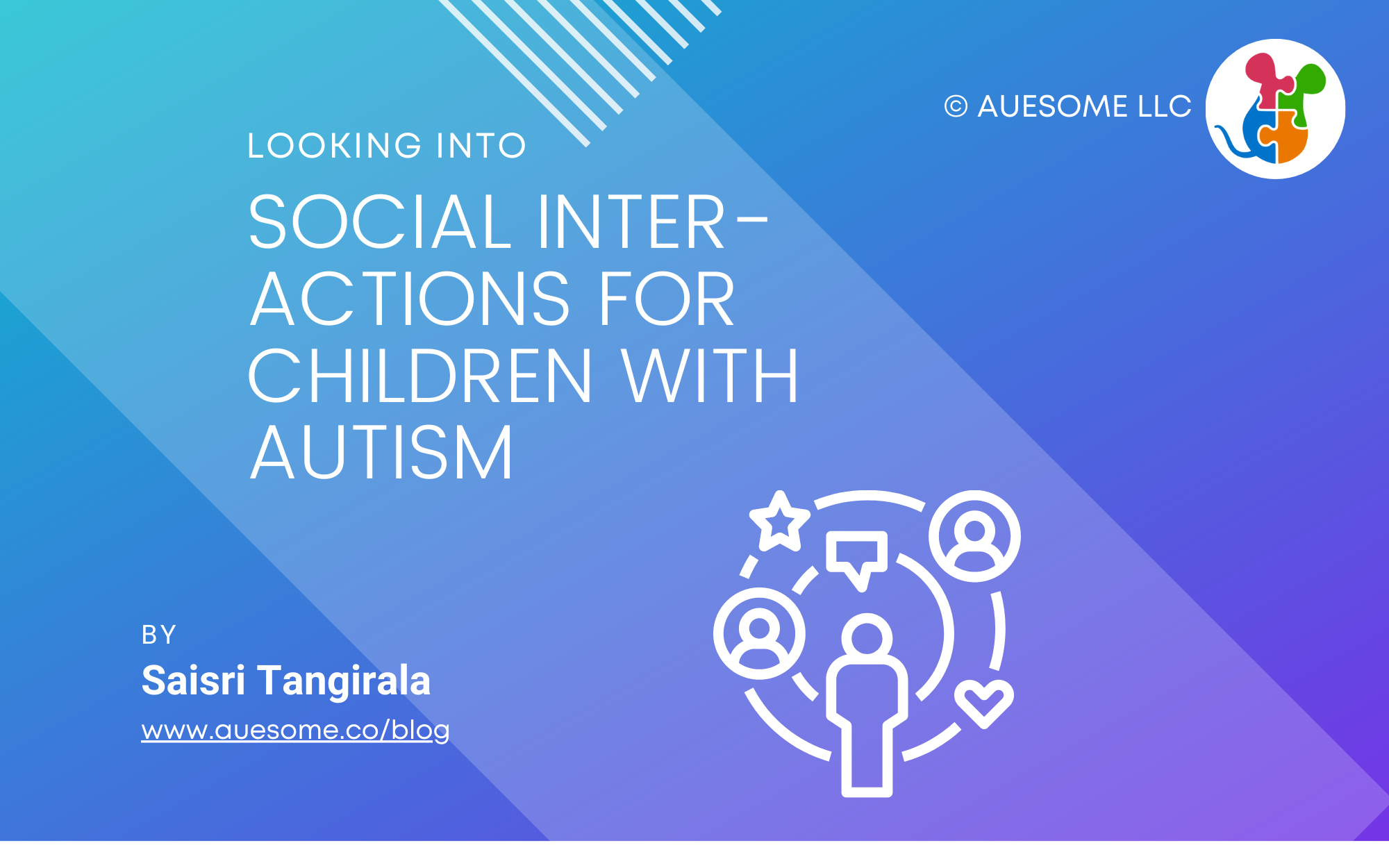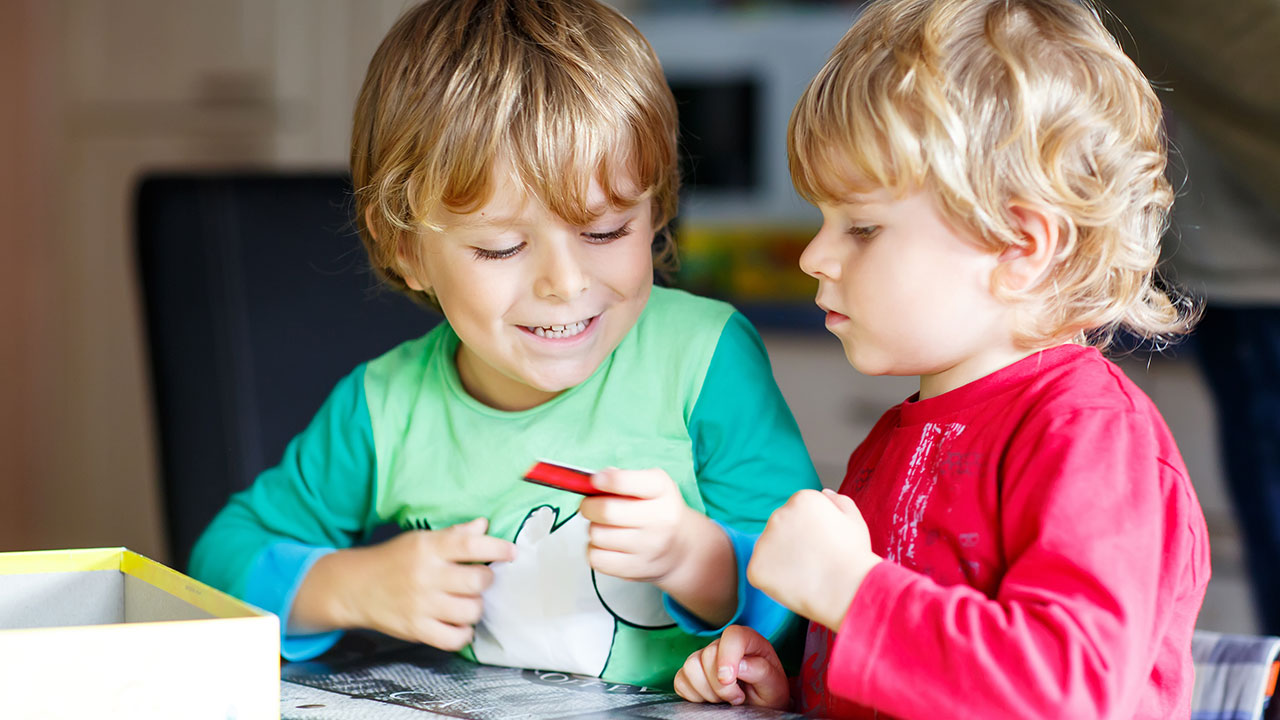Looking into Social Interactions for Children with Autism
December 2021 • written by Saisri Tangirala • edited by Anshul Gupta

Social Interaction
Children on the autism spectrum may interact with their surroundings in various manners, such as not being as interested in certain activities. Therefore, they may have numerous approaches to developing social skills and relationships. To help children practice different social skills, parents and therapists can provide support and make them comfortable with participating in the community.
People have a greater understanding of one another through social interactions. Examples of interactions include communications, managing emotions, and working together with others. These interactions can occur naturally through frequent contacts and can allow people to know how to behave in a variety of settings. Children on the autism spectrum, however, may find these interactions to be different than expected. These social skills might be unfamiliar to persons on the autism spectrum, but they can be learned and developed through skill-building methods.

Just like any other skill, children can learn social skills and expand them with practice. This may occur in therapy, which can greatly benefit children in encouraging good communication. Therapists, as well as parents, will be able to teach children many social skills and help them practice in different settings. Children will then get to understand and interpret the ideal behaviors. Further, talking to children along with teaching them may also help break down social interactions into simpler components. Working to help improve social skills in children on the autism spectrum can allow them to interact comfortably with their surroundings.
While social interactions can foster better relations between people, they can do much more on a deeper level. Underdoing interactions allows the brain to develop cognition, which refers to the development of a child’s memory, language, and problem-solving skills. Cognitive development allows for children to comprehend their environment and form relationships. The interconnection between social interactions and cognitive development thus allows children to stay engaged in the community.
Haley Moss, an attorney and an individual on the autism spectrum, has voiced a thought common to those on the spectrum: “I might hit developmental and societal milestones in a different order than my peers, but I am able to accomplish these small victories on my own time.”
